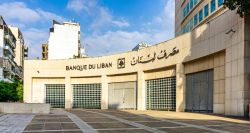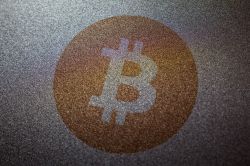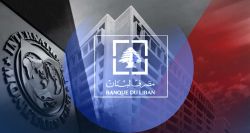
The Gap Law Decoded: Who Will Really Pay?
This is Beirut, 2025-12-13 19:55 - Reading : less than a minute
GapLaw Lebanon Economy CentralBank
The “Gap Law” project promises 85% reimbursement. The text itself makes no such commitment. With no real state contribution, billions written off, and the risk of banking collapse, depositors emerge as the clear losers.










